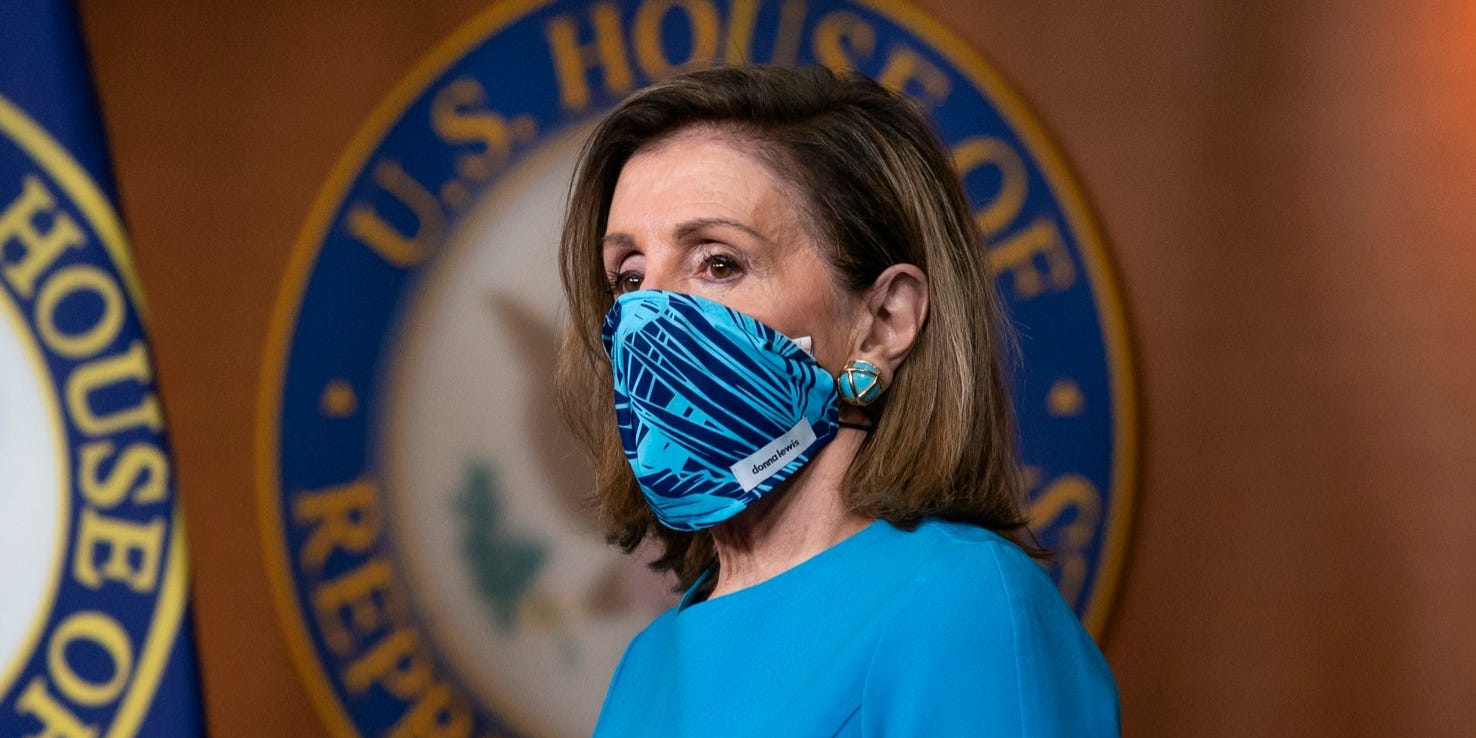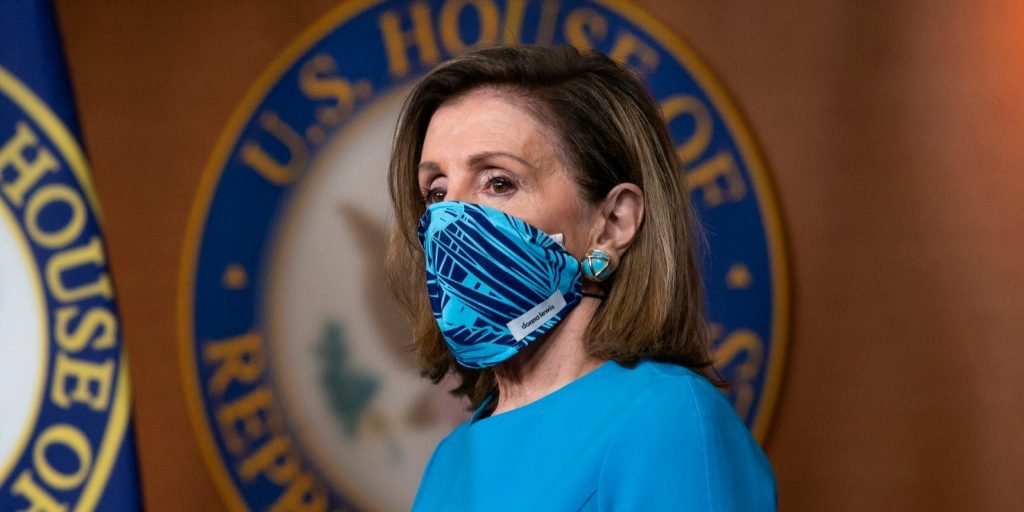
AP Photo/J. Scott Applewhite
- Treasury Secretary Janet Yellen is continuing to warn of "irreparable harm" without a debt limit hike.
- The past debt limit expired on July 30, leading the department to take "extraordinary measures" to pay the government's bills.
- Democrats aren't including a debt ceiling hike in their party-line $3.5 trillion budget package.
- See more stories on Insider's business page.
Treasury Secretary Janet Yellen on Monday warned congressional leaders that a failure to raise the federal debt ceiling will cause "irreparable harm" as Congress barrels towards the deadline to fund the government.
"In recent years Congress has addressed the debt limit through regular order, with broad bipartisan support," Yellen said in an August 9 statement. "In fact, during the last administration, Democrats and Republicans came together to do their duty three times. Congress should do so again now by increasing or suspending the debt limit on a bipartisan basis."
Yellen also made the same point in a July 23 letter to congressional leaders, calling for a debt ceiling hike through "regular order" – not through budget reconciliation. Such a move won't authorize more government spending, but will allow the Treasury Department to pay for existing expenditures and debts, she said.
"Failure to meet these obligations would cause irreparable harm to the US economy and the lives of all Americans," Yellen warned House Speaker Nancy Pelosi.
The previous debt limit suspension. expired on July 30, prompting the Treasury Department to take "extraordinary measures" to help pay off the government's bills. Yellen has said economic uncertainty stemming from the pandemic is making it difficult to project when Treasury will exhaust its ability to pay the US's bills, but the Congressional Budget Office forecasts it can keep the government afloat until October.
Read more: The ultimate guide to 600+ members of Joe Biden's White House staff and who makes six figures
Democrats plan to pass their $3.5 trillion budget through the budget reconciliation process, which allows the legislation to be fast-tracked with a simple majority of 51 votes instead of the usual three-fifths majority required to pass most legislation under the current Senate filibuster rules.
Senate Democrats' 92-page budget resolution, which was released on Monday morning, doesn't include a debt limit hike, confirming earlier reporting from Politico and other outlets that Democrats wouldn't raise the debt ceiling in reconciliation.
With the Senate divided between 50 Democrats and 50 Republicans, at least 10 GOP senators will need to get on board with raising the debt ceiling. By not addressing the debt limit in their party-line budget package, Democrats are setting the stage for a potential partisan showdown over keeping the federal government afloat.
If the two parties can't agree on raising the debt ceiling by September 30, it could lead to a government shutdown and the US defaulting on its loans.
A previous government shutdown in 2011 that ensued over a budget fight between former President Barack Obama and congressional Republicans led to the US's credit rating being downgraded.
Politico reported that the alternate course of action for Democrats is to seek a debt limit hike in a standalone bill or, more likely, as part of a continuing resolution to fund the government.
Senate Republicans, for their part, aren't pleased by the situation.
"If our colleagues want to ram through yet another reckless tax and spending spree without our input, if they want all this spending and debt to be their signature legacy, they should leap at the chance to own every bit of it," Minority Leader Mitch McConnell recently said on the Senate floor.

